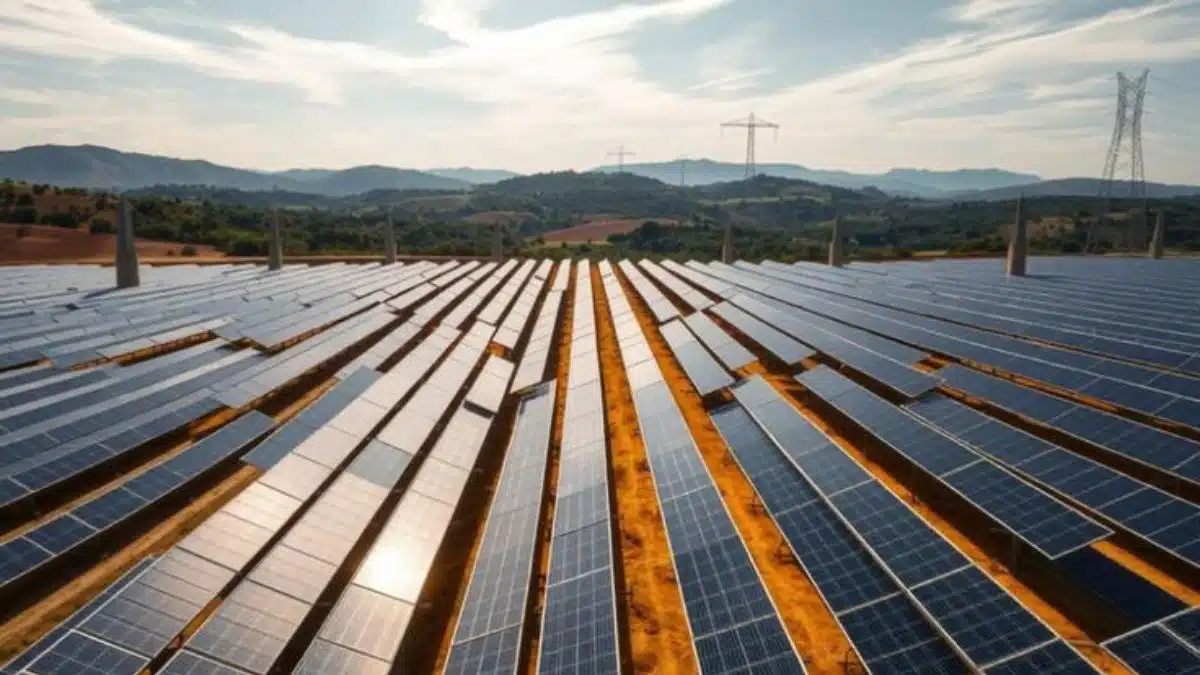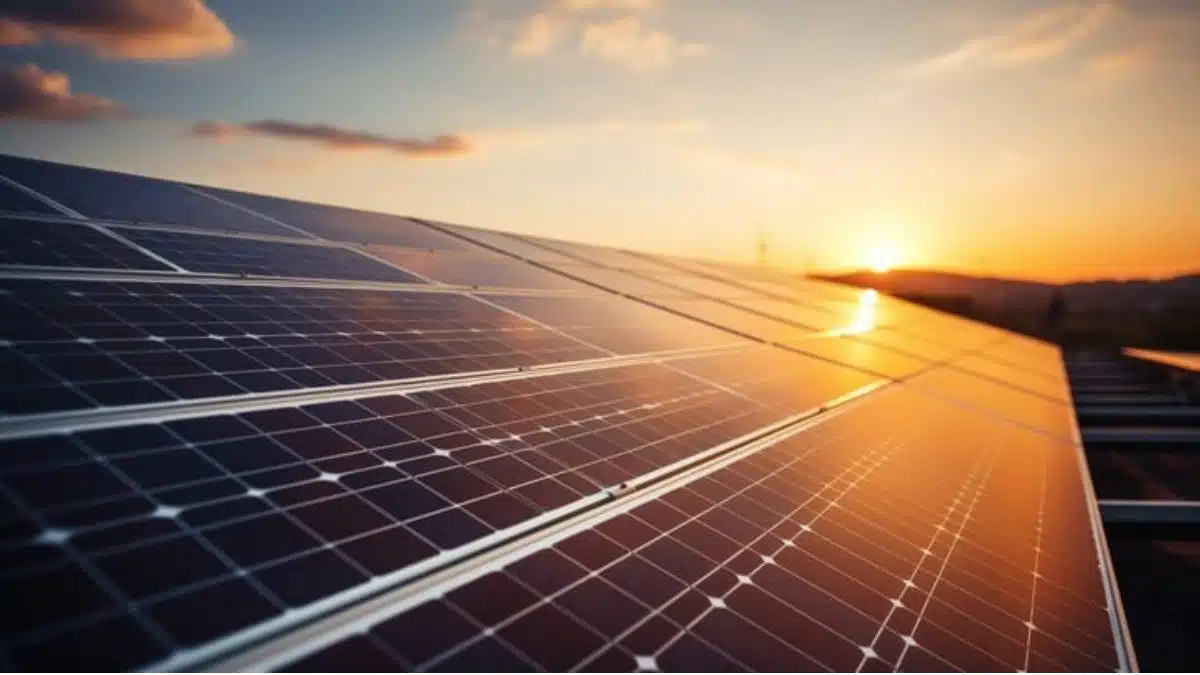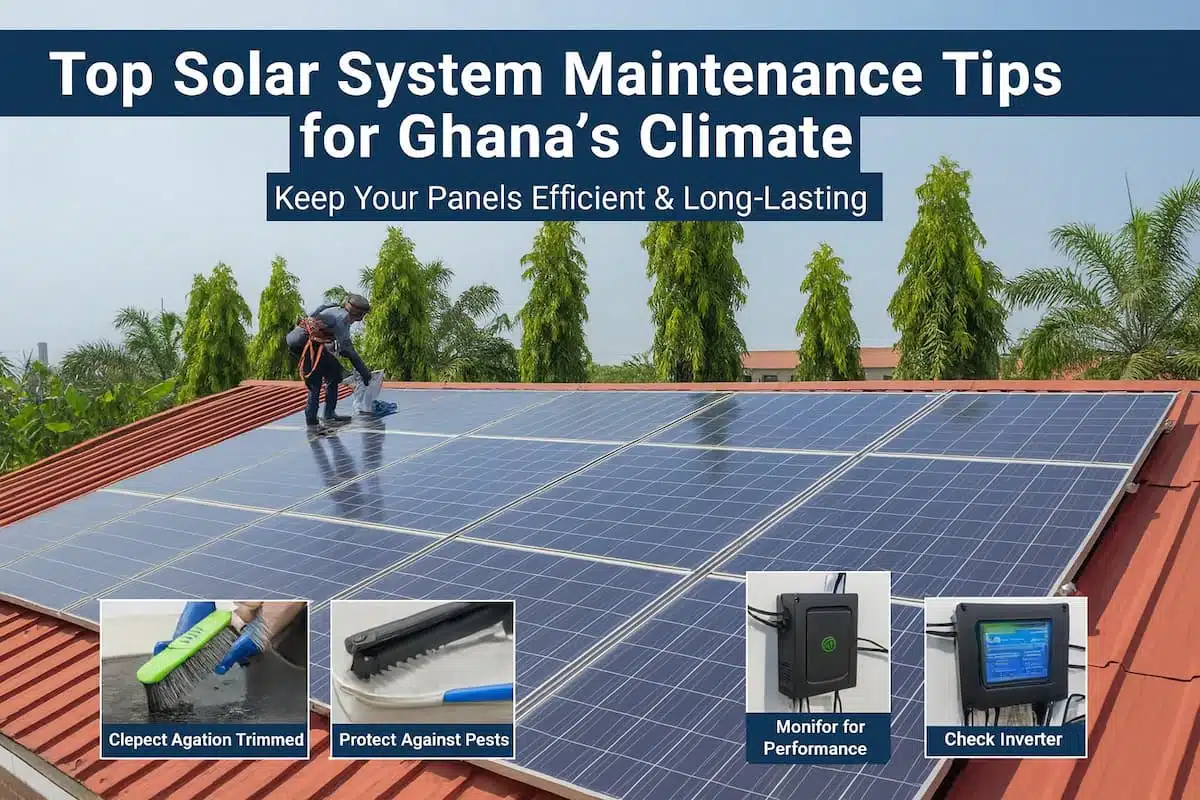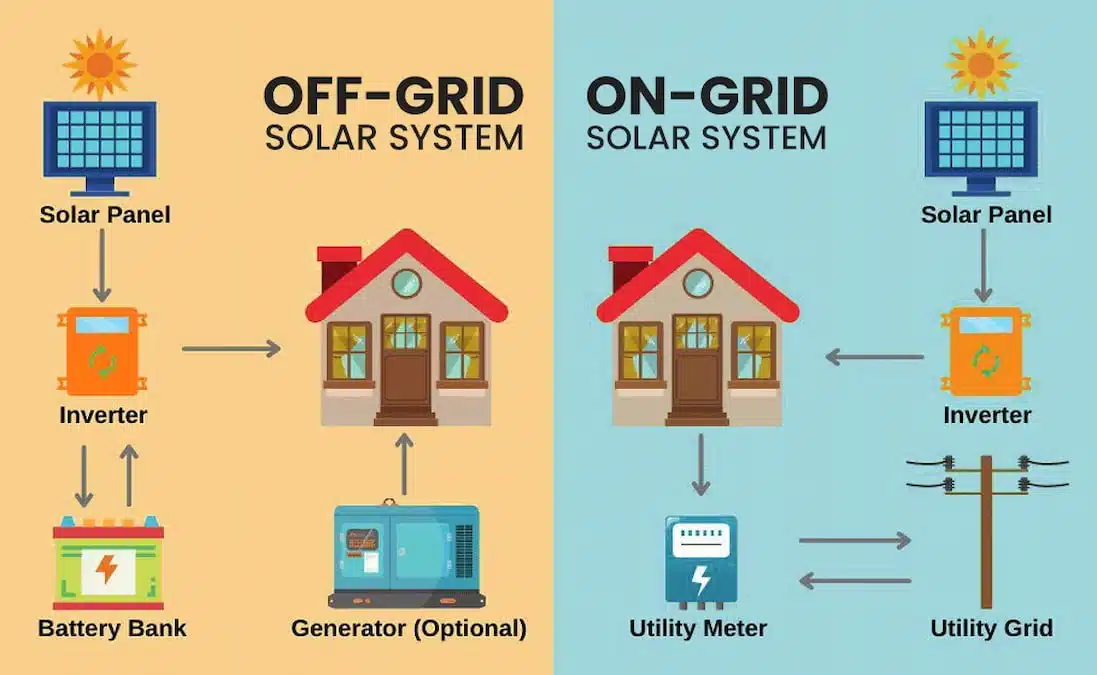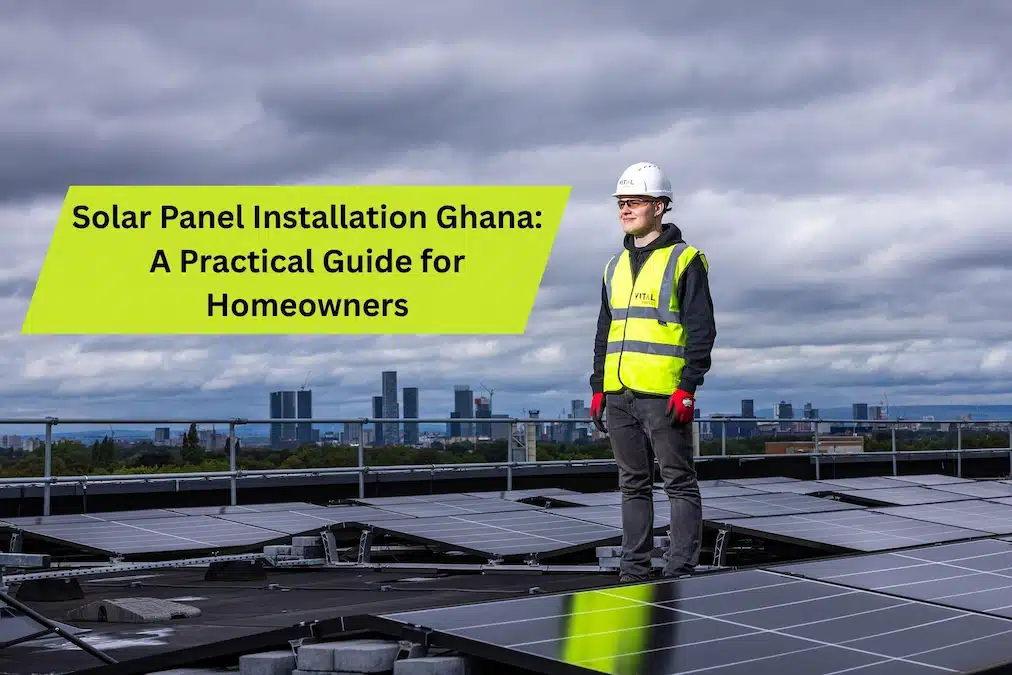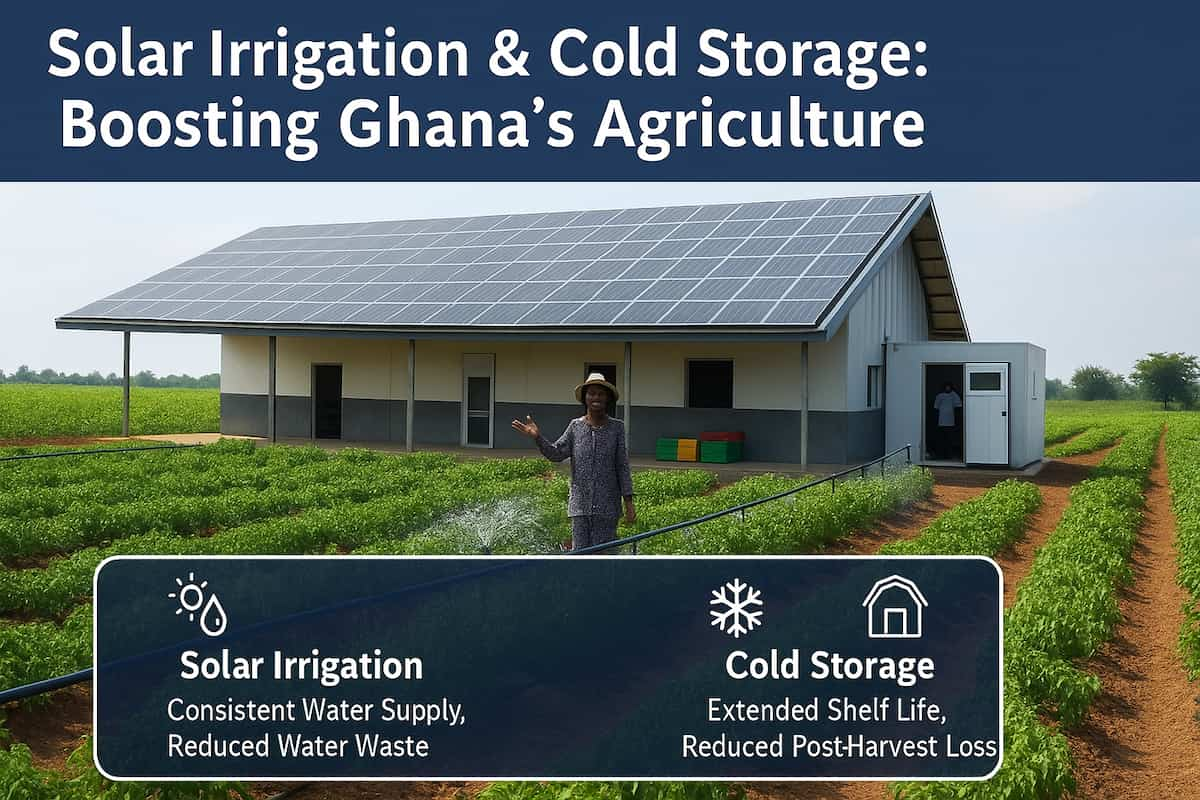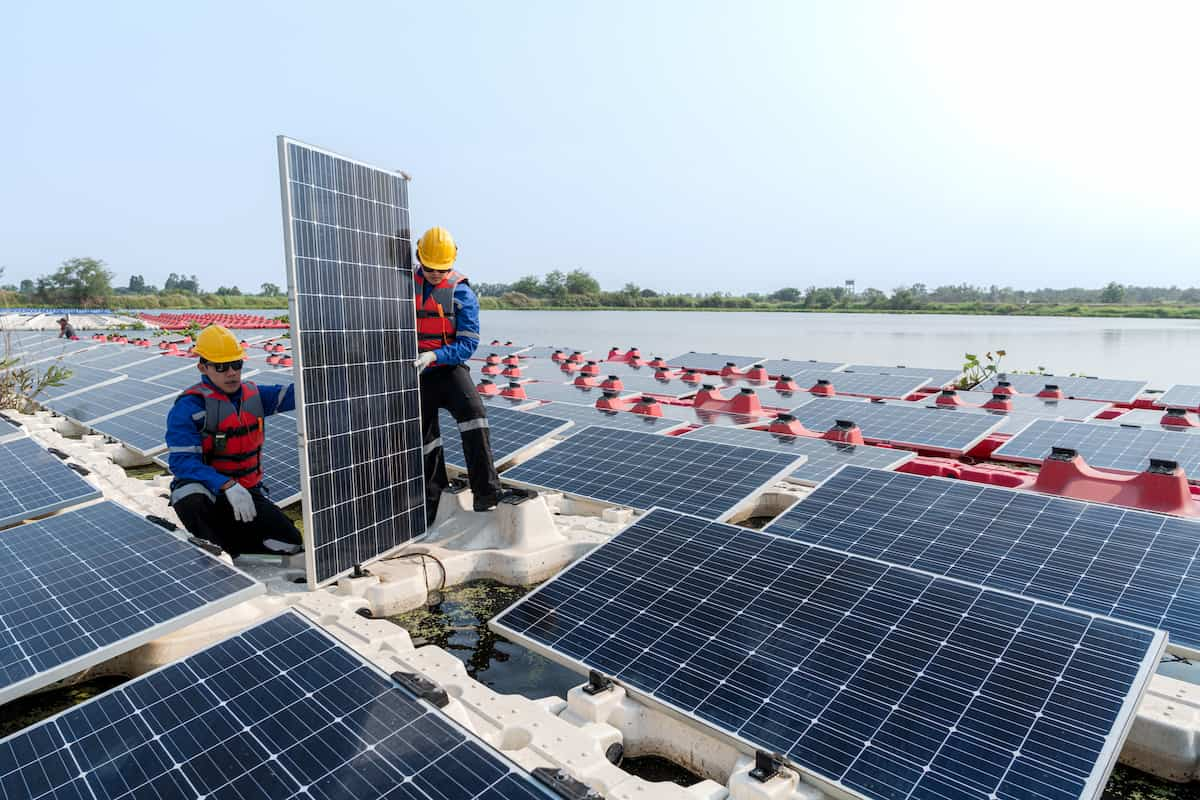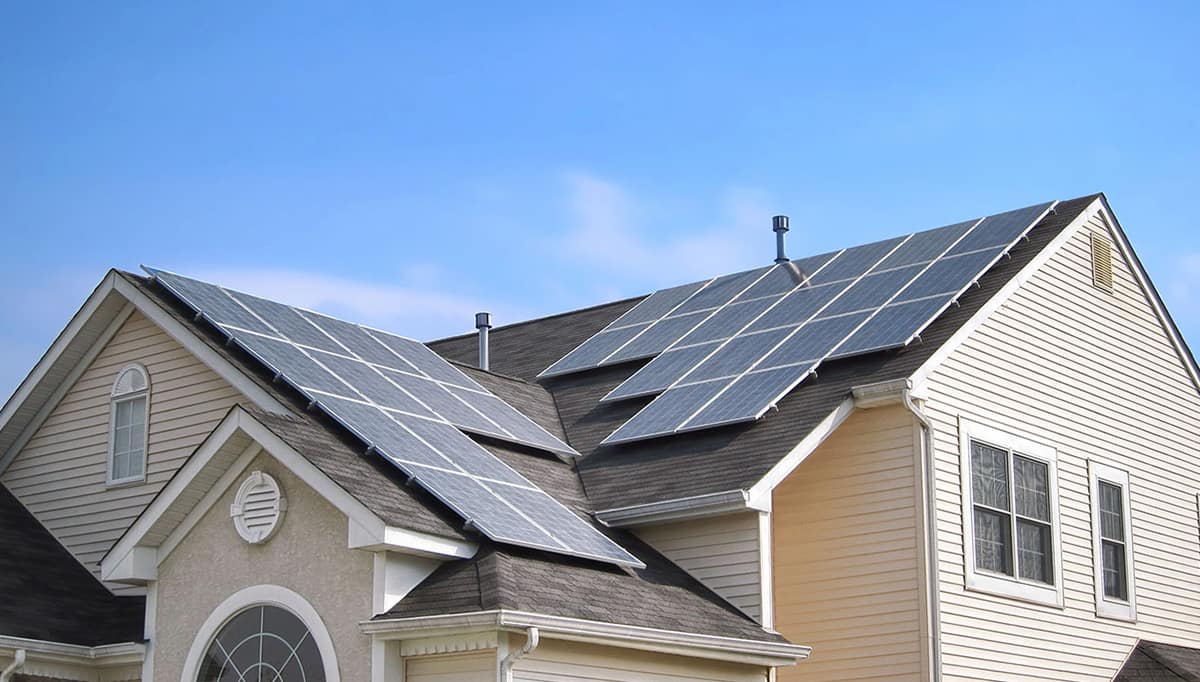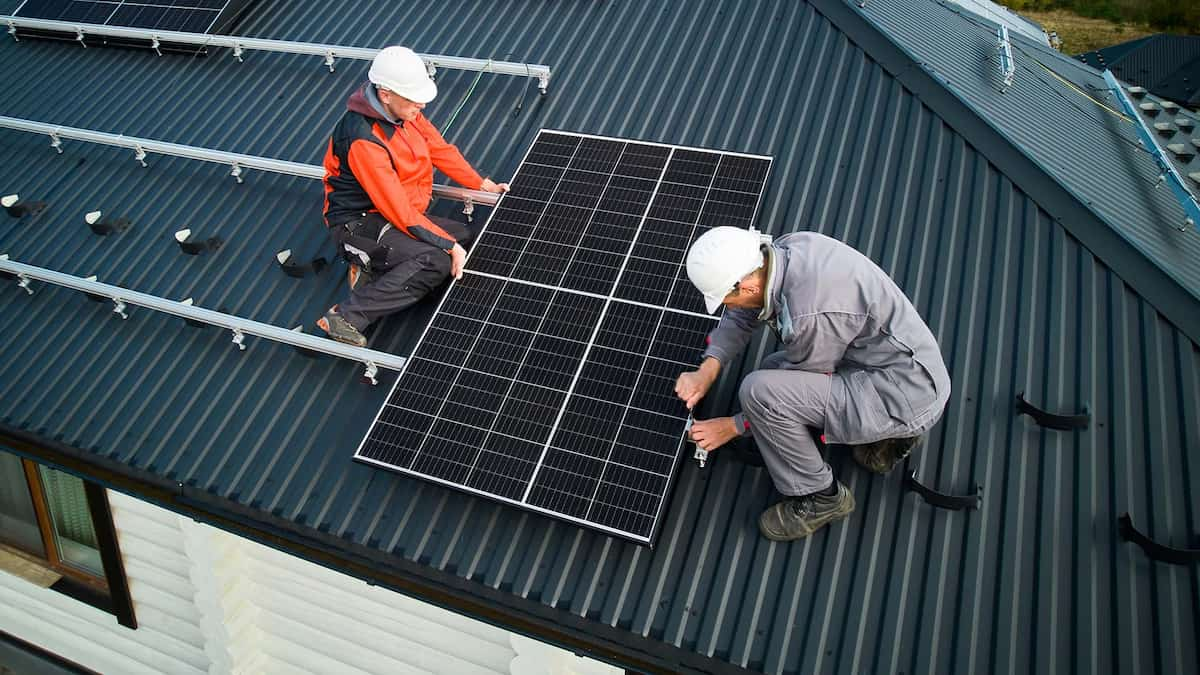Blogs
Ghana’s Renewable Energy Policy: Home Solar
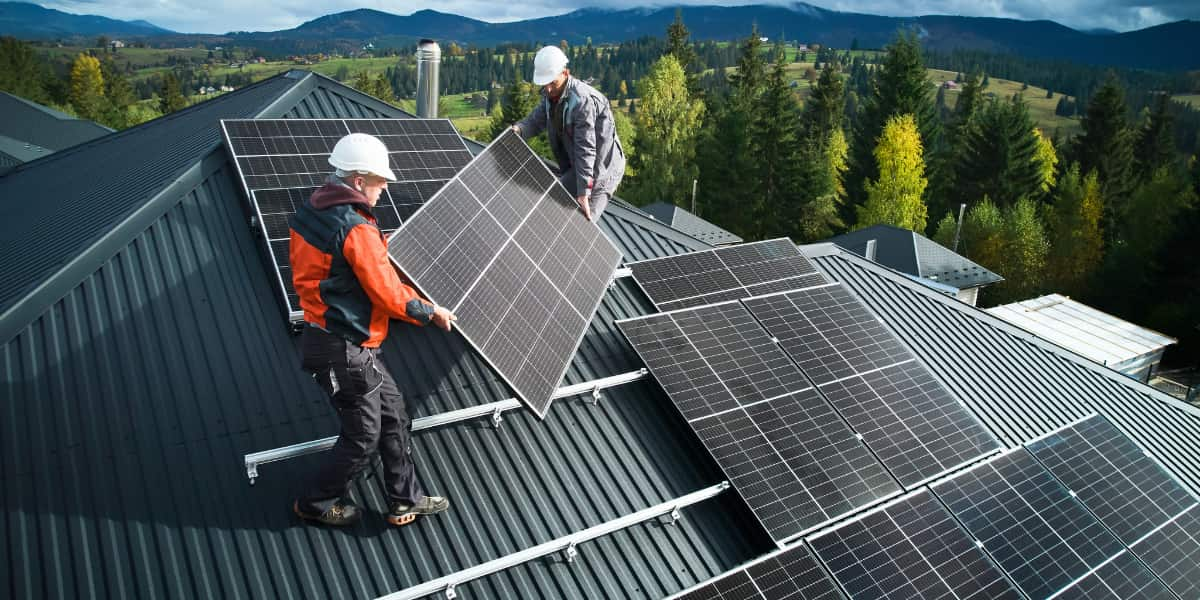
Discover how Ghana’s renewable energy policy is transforming home energy use. Learn about government incentives, solar subsidies, and how homeowners are saving money with home solar systems.
Ghana’s new renewable energy policy could make this your reality. If you’ve been considering solar panels for your home, this is a game-changer. This policy promises to reshape how you power your life, offering new incentives and opportunities for home solar systems.
You might be wondering how this affects you and your family directly. Well, you’re in for some exciting news. Dive into this article to discover how Ghana’s progressive policy could transform your energy consumption, reduce your expenses, and make your home part of the renewable revolution.
Renewable Energy Policy Overview
Ghana’s renewable energy policy aims to boost sustainable energy practices. It promotes the use of clean energy sources in homes and businesses. This policy is crucial for reducing reliance on fossil fuels. It supports home solar systems as a viable energy solution.
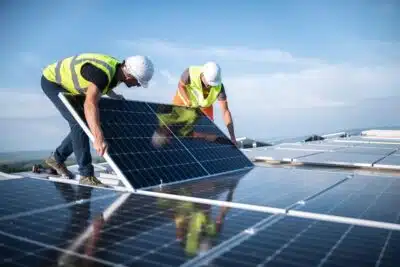
Understanding The Policy Framework
The policy outlines clear targets for renewable energy adoption. It encourages investments in solar energy systems. The government offers incentives for households installing solar panels. These measures aim to increase solar usage across the country.
Government Incentives And Support
Incentives play a key role in the policy. Tax breaks and subsidies make solar systems more affordable. These incentives encourage more households to switch to solar energy. The policy also provides technical support for solar installations.
Impact On Homeowners
Homeowners benefit significantly from the new policy. Reduced electricity bills are a major advantage. Solar systems offer a sustainable energy source. This reduces dependence on the national grid. Homeowners also contribute to environmental conservation.
Challenges And Opportunities
Some challenges exist in implementing the policy. Initial installation costs can be high. However, long-term savings outweigh the costs. The policy also creates job opportunities in the solar industry. Training programs support workforce development in renewable energy.
Goals Of The Policy
Ghana’s new renewable energy policy sets ambitious goals. It aims to transform the energy sector. The policy focuses on harnessing solar power for homes. This initiative promises a greener future. It supports sustainable practices across the nation. The policy’s objectives are clear and strategic.
Increasing Renewable Energy Share
The policy targets a significant increase in renewable energy. It aims to raise the percentage of energy from solar sources. This goal promotes energy independence. Solar systems in homes will play a vital role. They will contribute to a cleaner energy mix. Achieving this target reduces reliance on fossil fuels.
Promoting Sustainable Development
The policy emphasizes sustainable development. It encourages the adoption of eco-friendly energy solutions. Home solar systems are central to this approach. Sustainable practices benefit both the environment and economy. They ensure long-term growth and stability. The policy aims for inclusive progress. It supports communities in adopting solar energy.
Home Solar Initiative
Ghana’s ambitious renewable energy policy is making waves, especially with its Home Solar Initiative. This initiative is designed to empower households to harness the power of the sun, transforming how you consume energy. Imagine reducing your electricity bills while contributing to a greener planet. That’s exactly what this initiative aims to achieve by promoting the use of solar systems at home.
Subsidies And Incentives
Under the Home Solar Initiative, the government is offering attractive subsidies and incentives to make solar systems more affordable. You might be wondering how this affects you directly. With reduced costs, installing solar panels is no longer a distant dream but a viable reality. This means you can start saving money almost immediately. Consider how much you spend monthly on electricity and imagine slashing that figure significantly.
Moreover, these incentives are not just limited to initial costs. Some programs include tax rebates or credits, further reducing the financial burden. By participating, you not only save money but also increase the value of your property. Isn’t it time to seize this opportunity?
Installation And Maintenance Support
The initiative doesn’t stop at financial incentives. You will also benefit from robust installation and maintenance support. Installing solar panels might seem daunting at first, but professional guidance ensures a smooth transition. Qualified technicians are available to help, ensuring your system operates at peak efficiency.
Maintenance is another crucial aspect. Regular check-ups and servicing are part of the package, ensuring longevity and performance. Picture this: a hassle-free process where your system is consistently monitored and maintained. Knowing that experts are just a call away provides peace of mind, doesn’t it?
Have you ever thought about the environmental impact of your energy consumption? By embracing solar energy, you’re playing an active role in reducing carbon emissions. The Home Solar Initiative offers a practical path towards a sustainable future. Are you ready to take that step?
Economic Implications
As Ghana rolls out its new renewable energy policy, the economic landscape is set to shift, particularly for homeowners considering solar systems. This policy not only aims to promote sustainable energy but also promises significant economic benefits. Understanding these implications can help you decide if now is the right time to invest in solar energy for your home.
Job Creation
One of the most immediate benefits of this policy is the potential for job creation. As the demand for solar installations grows, so does the need for skilled workers. This means more opportunities for electricians, engineers, and sales personnel in your local community.
Imagine the impact of new jobs on families and local economies. More jobs mean more disposable income, which can boost spending in other areas. The ripple effect could strengthen Ghana’s economy overall.
Energy Cost Reduction
Installing solar panels at home can lead to significant savings on your energy bills. With the policy providing incentives, the initial cost of setting up solar systems becomes more affordable. This means you could see a reduction in your monthly expenses sooner than you think.
Consider the long-term savings. As energy prices continue to rise, solar power offers a way to stabilize your energy costs. How much could you save if your energy bills were cut in half?
Ghana’s renewable energy policy is more than just a green initiative; it’s a pathway to economic growth and personal financial benefits. By investing in home solar systems, you contribute to job creation and enjoy energy savings. Are you ready to be part of this exciting change?
Environmental Impact
Ghana’s renewable energy policy aims to create a greener future. It focuses on boosting home solar systems. This change contributes significantly to environmental preservation. Solar energy provides clean power, reducing harmful emissions. The policy encourages sustainable energy practices. It supports the fight against climate change.
Reducing Carbon Footprint
Home solar systems cut down carbon emissions. They replace fossil fuels with clean energy. Solar panels generate power without pollution. This helps reduce the carbon footprint of households. Cleaner energy results in healthier air. It also protects natural ecosystems.
Enhancing Energy Security
Solar energy ensures reliable power supply. It reduces dependence on non-renewable sources. This strengthens the country’s energy security. Solar power can be harnessed locally. It minimizes the risk of energy shortages. Households gain control over their power supply.
Social Benefits
Ghana’s new renewable energy policy encourages more homes to adopt solar systems. This shift promotes cleaner energy use and creates jobs in local communities. Increased solar adoption can lead to reduced electricity costs for families, improving their quality of life.
Social Benefits of Ghana’s Renewable Energy Policy on Home Solar Systems Ghana’s new renewable energy policy promises to bring transformative social benefits, especially through the widespread adoption of home solar systems. As someone who has seen firsthand the struggles of communities without reliable electricity, I can attest to the profound impact this policy can have. Imagine the ripple effects on education, healthcare, and daily life when energy becomes more accessible to everyone.
Improved Access To Energy
The policy aims to make energy more accessible across the nation. This means more families can light up their homes without relying on expensive and unreliable sources. With solar systems, students can study after sunset, improving their academic performance and future prospects. Access to energy also means that families can use electrical appliances, making daily chores easier and less time-consuming. This provides more time for family bonding and personal development. Have you ever thought about how much we take our constant electricity for granted?
Empowering Rural Communities
Ghana’s renewable energy policy offers transformative benefits for rural communities. Many still rely on costly, unsafe kerosene lamps. Home solar systems provide a cleaner, safer alternative. With steady electricity, local businesses can operate after dark, boosting income and job opportunities. Clinics gain reliable power to store vaccines and run essential equipment, improving healthcare. Students can study at night, enhancing education outcomes. This policy also encourages economic growth and reduces harmful emissions. By improving access to clean energy, Ghana empowers rural areas to thrive sustainably. What impact could reliable solar energy have on your own home or community?
Challenges And Barriers
Ghana’s renewable energy policy aims to boost solar adoption in homes. Despite the positive outlook, challenges and barriers exist. Understanding these hurdles is crucial for seamless implementation. Let’s delve into two major obstacles facing the policy’s success.
Infrastructure Limitations
The current infrastructure struggles to support widespread solar use. Older electrical grids face compatibility issues with new solar technologies. These grids need upgrades to handle increased solar input. Urban areas may see faster improvements than rural regions. Limited access to modern technology in remote areas hampers progress. This uneven development creates disparities in solar adoption rates.
Financial Constraints
Many households lack funds for initial solar system investments. High upfront costs deter many potential users. Government incentives exist but are often insufficient. Loan programs may help, yet they require credit checks. Many citizens lack the credit history needed for approval. This financial burden slows the policy’s impact on home solar systems.
Future Prospects
Ghana’s new renewable energy policy is setting the stage for transformative changes in home solar systems. With a focus on sustainability and accessibility, the future prospects look promising. As you consider upgrading or installing solar systems in your home, it’s important to understand how this policy could impact your choices and opportunities.
Potential For Expansion
Ghana’s renewable energy policy offers incentives that could expand the reach of home solar systems. Imagine more neighborhoods powered by clean, sustainable energy. With financial support and reduced tariffs, your investment in solar technology becomes more feasible. Picture your community embracing solar energy, reducing reliance on traditional power grids.
Think about the possibility of new jobs created within the solar industry. More installations mean more opportunities for local technicians and engineers. You could be part of a growing movement that not only saves money but also supports economic growth. Have you ever considered how your home could contribute to a greener future?
Innovations In Solar Technology
The policy encourages innovation in solar technology, promising more efficient systems. Consider how advancements might make solar panels more affordable and effective. You could soon witness solar panels that work even on cloudy days, maximizing energy output. The idea of having a solar-powered home might be closer than you think.
Do you worry about the aesthetics of solar panels on your home? Innovations may lead to sleeker designs that blend seamlessly with your roof. Think about the potential for integrated home energy systems that enhance your lifestyle. It’s exciting to imagine how these changes could make solar technology not just a utility but a smart investment.
What do you think about the future of solar energy in Ghana? Could this policy be the catalyst for change you’ve been waiting for?
Frequently Asked Questions
How Does Ghana’s Policy Affect Home Solar Systems?
Ghana’s renewable energy policy encourages the adoption of home solar systems. It provides incentives like tax breaks and subsidies. This policy aims to increase solar energy usage, reducing reliance on non-renewable sources. Homeowners can now access more affordable solar solutions, promoting sustainable energy practices.
Are There Financial Benefits For Using Solar In Ghana?
Yes, the new policy offers financial incentives for solar adoption. These include tax reductions and potential subsidies. Homeowners can save on energy bills and installation costs. This makes solar systems more financially viable, encouraging more households to switch to renewable energy sources.
What Challenges Do Homeowners Face With Solar Adoption?
Despite incentives, homeowners might face high initial setup costs. Limited access to quality solar equipment can be a hurdle. The policy aims to address these issues, but challenges remain. Technical expertise and maintenance are also concerns for some homeowners in adopting solar energy systems.
Is Solar Energy Reliable For Ghanaian Homes?
Yes, solar energy is reliable for Ghanaian homes. The country’s climate is favorable for solar power generation. With proper installation and maintenance, solar systems can provide consistent energy. The new policy ensures support for reliable solar infrastructure, enhancing energy security for homeowners.
Conclusion
Ghana’s new policy boosts home solar systems. Families can save more on energy bills. Solar power becomes more accessible. Cleaner energy means better health for everyone. The environment benefits from less pollution. Homeowners find solar installations less costly now. Renewable energy strengthens the nation’s future.
People feel empowered to make eco-friendly choices. Communities grow stronger with shared green goals. This policy supports sustainable living. It paves the way for lasting change. Ghana takes a significant step in energy transformation. A brighter future awaits with renewable solutions.









